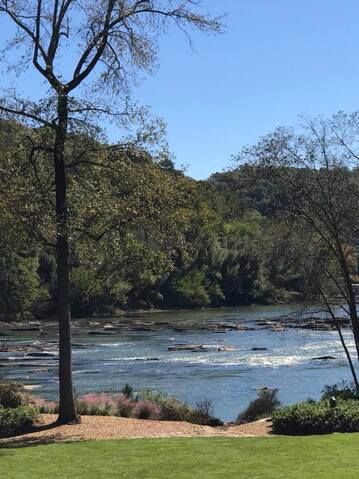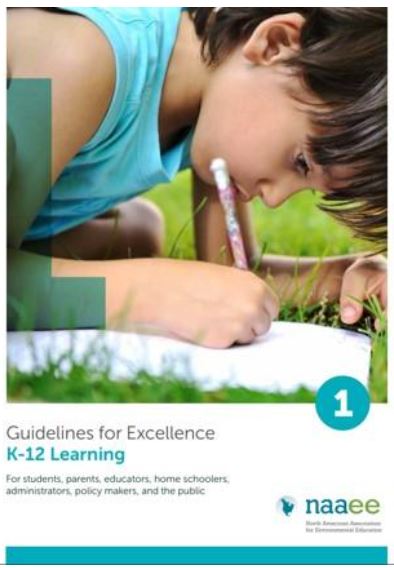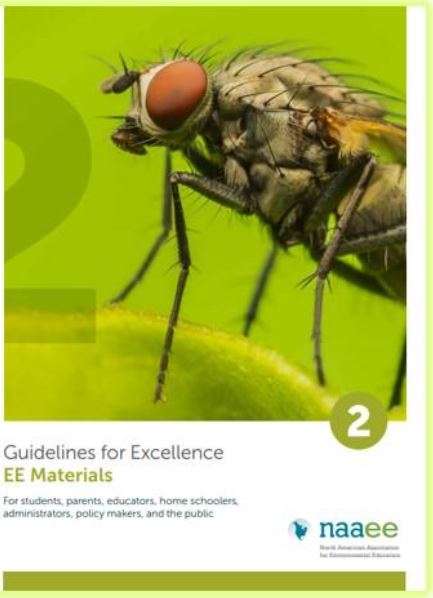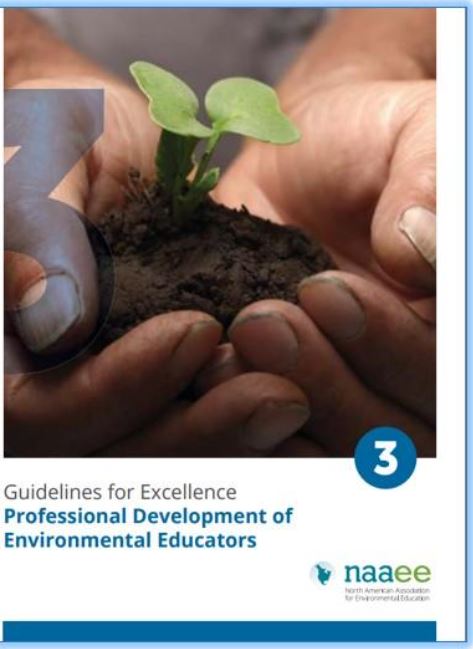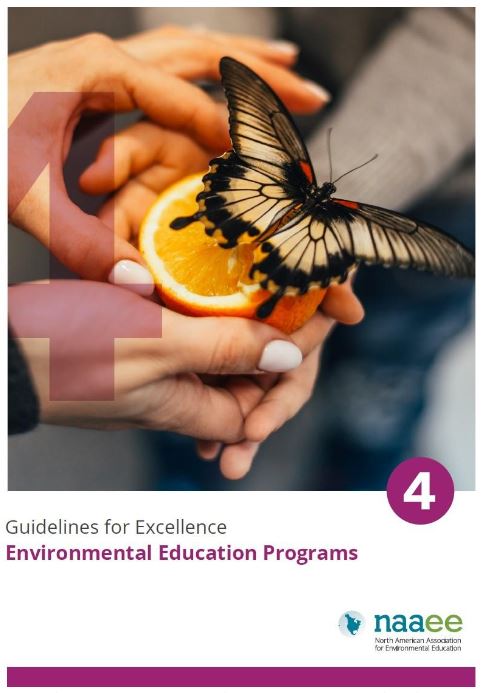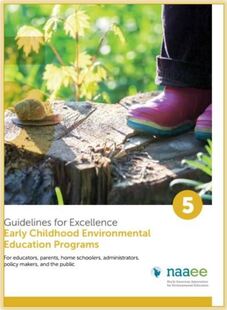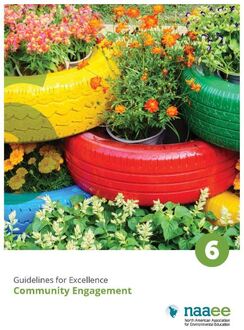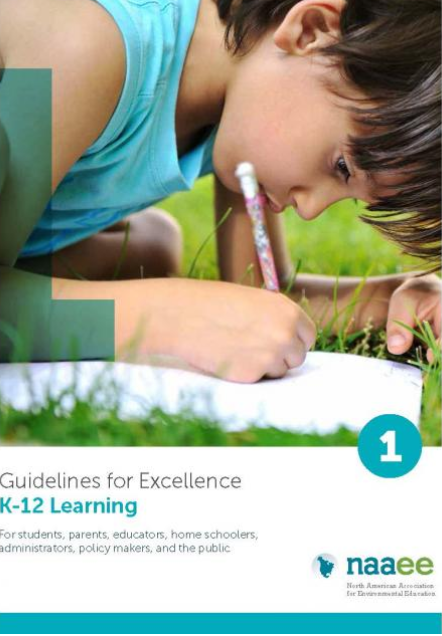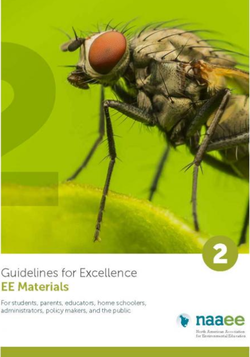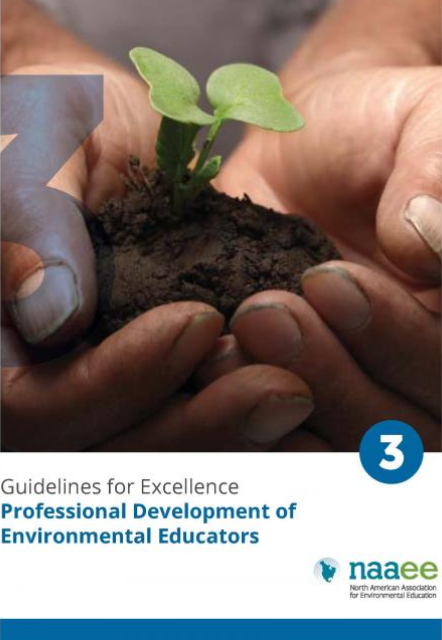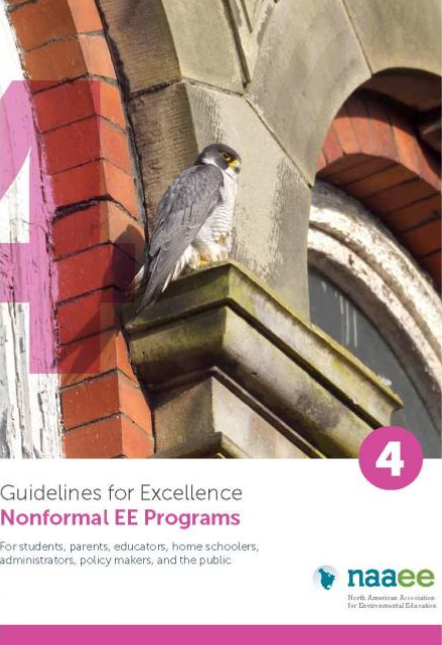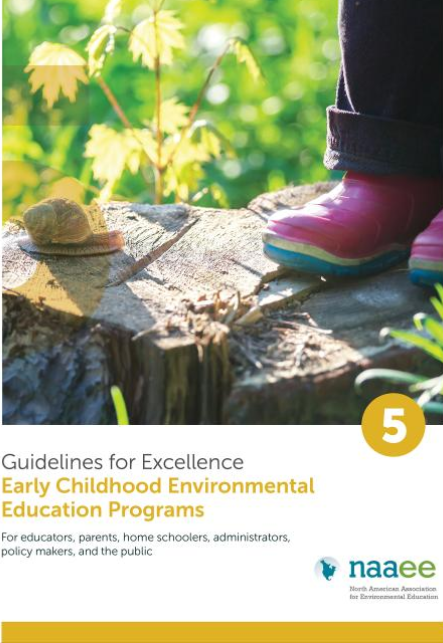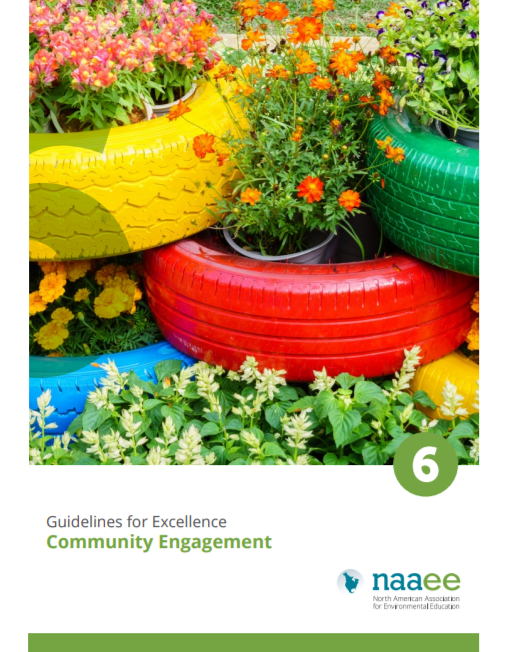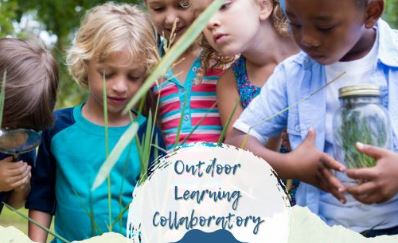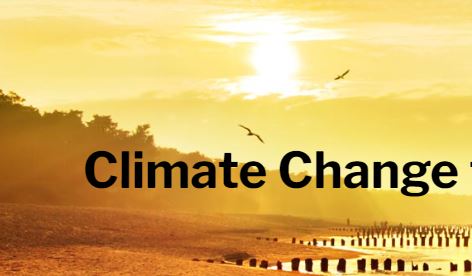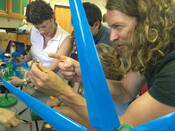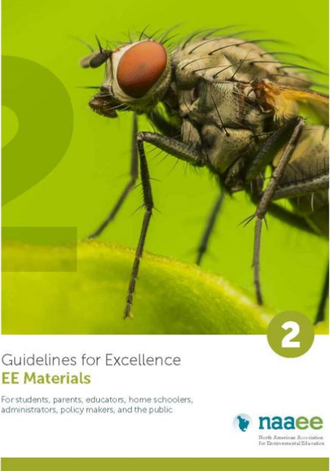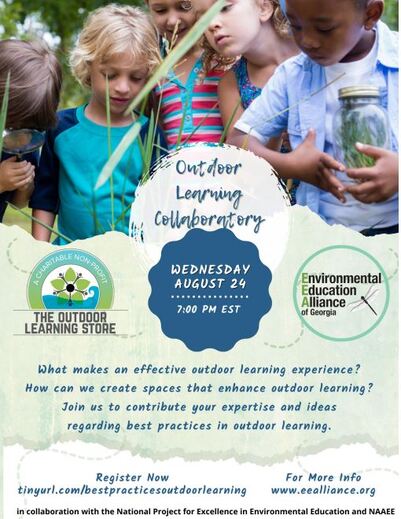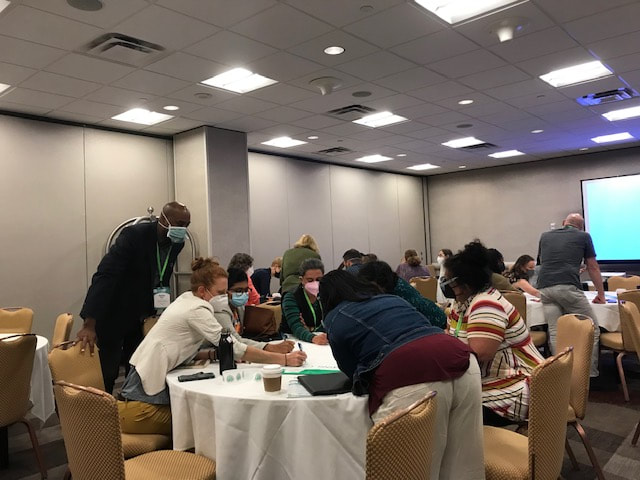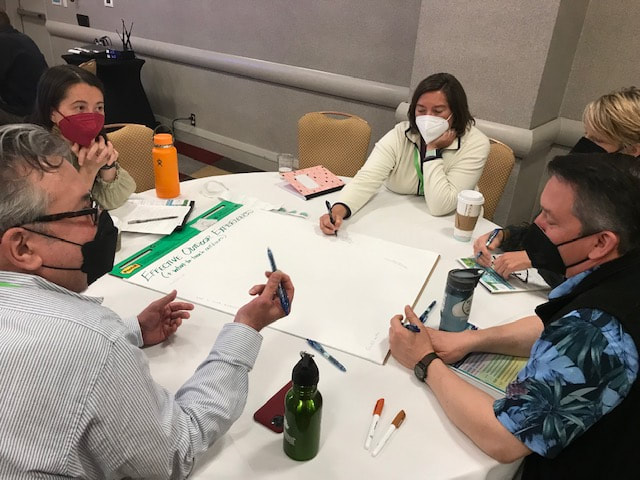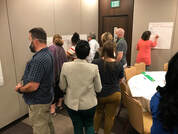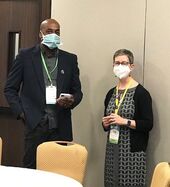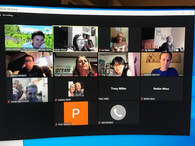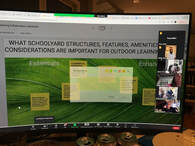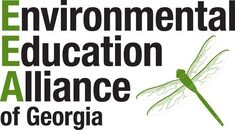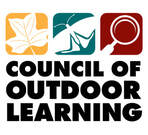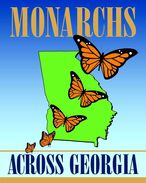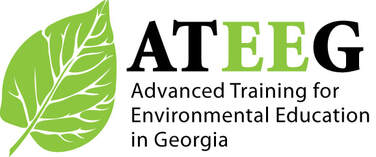Environmental Education Alliance of Georgia
- Our Story
- Our Team
- Our Events
-
Our Resources
- Wildlife Viewing
- Earth Month Activities
- Garden-based Learning
- EcoEngineering Challenges
- Community (Citizen) Science
- Phenomenon-Based Learning
- Problem-Based Learning
- Place-Based Learning
- Project-Based Learning
- Teaching about Climate Change
- Teaching about EJ
- Zero Waste Heroes
- SAGES Project
- Virtual EE Resources
- Environmental Clubs
- Evaluation and Assessment
-
Our Work
- Our News
- Our Impact
- JOIN or GIVE
- Member Portal
- Contact Us
- Outdoor Learning Store
- PassTick2023-4
- Annual Report
- New Page
- Past 2022 EEA Conference
- Past EEA Board 2021-22
- Past 2022 conferenceoverview
- Non-clickable Page
- New Page
- EEA Guest Blog
- Our Story
- Our Team
- Our Events
-
Our Resources
- Wildlife Viewing
- Earth Month Activities
- Garden-based Learning
- EcoEngineering Challenges
- Community (Citizen) Science
- Phenomenon-Based Learning
- Problem-Based Learning
- Place-Based Learning
- Project-Based Learning
- Teaching about Climate Change
- Teaching about EJ
- Zero Waste Heroes
- SAGES Project
- Virtual EE Resources
- Environmental Clubs
- Evaluation and Assessment
-
Our Work
- Our News
- Our Impact
- JOIN or GIVE
- Member Portal
- Contact Us
- Outdoor Learning Store
- PassTick2023-4
- Annual Report
- New Page
- Past 2022 EEA Conference
- Past EEA Board 2021-22
- Past 2022 conferenceoverview
- Non-clickable Page
- New Page
- EEA Guest Blog
EEA INITIATIVES
EEA designated the 'Guidelines for Excellence Institute' for Georgia
|
The Environmental Education Alliance (EEA) has been designated the state's sole Guidelines for Excellence Institute (trainers' bureau) by the National Project for Excellence in Environmental Education. Twelve EEA members are Guidelines for Excellence facilitators, having participated in Guidelines workshops and completed Guidelines Facilitators training.
EEA offers occasional free-standing Guidelines Workshops and incorporates the "Guidelines for EE Programs" and "Guidelines for Professional Development" into its ATEEG certification courses. Workshops can also be custom-design and delivered for host organizations with at least 12 participants. EEA recently created a hybrid "Guidelines for Excellence in EE Materials" workshop and online course, and is currently conducting community engagement sessions to gain input for the new "Guidelines for Excellence in Outdoor Learning" that will be published by summer 2023. |
Guidelines for Excellence Publications
The National Project for Excellence in Environmental Education, initiated by NAAEE in 1994, has developed a series of guidelines that set the standards for high-quality environmental education. Each of these publications was crafted by a diverse team of professionals, and has gone through a substantive review by thousands of professionals prior to its publication. The Guidelines are a balanced, scientifically accurate, and comprehensive approach to ensuring quality environmental education programs and materials that develop an environmentally literate citizenry that can compete in our global economy; has the skills, knowledge, and inclinations to make well-informed choices; and exercises the rights and responsibilities of members of a community.
Six sets of guidelines have been created. Each set can be downloaded as a free PDF.
Six sets of guidelines have been created. Each set can be downloaded as a free PDF.
|
These guidelines offer a roadmap for achieving environmental literacy by setting expectations for students in fourth (age 10), eighth (age 14), and twelfth grade (age 18) and outlining a framework for effective and comprehensive environmental education.
|
These guidelines aim to help producers of activity guides, lesson plans, and instructional materials create high-quality products and provide educators with a tool to evaluate environmental education materials.
|
|
This set of recommendations focuses on basic knowledge and abilities educators need to provide high quality environmental education in the context of formal or non-formal education settings, universities, and elsewhere.
|
Guidelines for Excellence in
Environmental Education Programs This set of recommendations is intended to help develop and administer high-quality environmental education programs. It provides an assessment tool that can be used to ensure a firm foundation for new programs or to inform improvements in existing ones. |
|
This set of Guidelines will help educators develop new early childhood environmental ed programs or improve existing ones. A companion publication, Early Childhood Environmental Education Rating Scale, provides an assessment tool for educators.
|
This set of guidelines focuses on community wellness and is designed to help environmental educators create inclusive environments that support effective partnerships and collaborations.
|
"Through the National Project for Excellence in Environmental Education, NAAEE is taking the lead in establishing guidelines for the development of balanced, scientifically accurate, and comprehensive environmental education programs and materials. Quality environmental education programs help develop an environmentally literate citizenry that can compete in our global economy; has the skills, knowledge, and inclinations to make well-informed choices; and exercises the rights and responsibilities of members of a community."
Guidelines for Excellence Workshops
|
This fall, EEA will be offering a hybrid workshop and self-paced course on the "Guidelines for Excellence in Environmental Education Materials." An exciting, interactive two-hour workshop will be followed by six self-paced, online modules and a synchronous online closing session, reflecting with other educators.
By participating in this hybrid workshop / course, participants will:
This hybrid workshop and self-paced online course is suitable for novice or experienced non-formal educators, K-12 teachers, and college students majoring in education or environmental fields. Contact us to place your name on the waiting list.
|
Guidelines for Excellence Special Projects
Development of New Guidelines for Excellence in Outdoor Learning
You may have seen us at the Children & Nature Network Conference, the Outdoor Learning Symposium, the EEA / SEEA Conference and Research Symposium, or a CBEEN / Outdoor Learning Store interactive webinar. We'll be at NAAEE in Tucson, too! At conferences, workshops, and Zoom webinars across North America, EEA is hosting Outdoor Learning Collaboratories to ask people about their experiences with outdoor learning in an effort to identify effective and research-informed practices. The responses and suggestions from educators, practitioners, designers, administrators and others will analyzed and incorporated into a draft of the new Guidelines for Excellence in Outdoor Learning. Find out how to contribute by contacting us at [email protected].
EEA Review Team for Revision of the EE Materials Guidelines
In 2021, a committee of EEA members reviewed the eight-year-old Guidelines for Excellence in EE materials and made recommendations regarding revisions. Thank you to the following people for the expertise and time they devoted to this project:
In 2021, a committee of EEA members reviewed the eight-year-old Guidelines for Excellence in EE materials and made recommendations regarding revisions. Thank you to the following people for the expertise and time they devoted to this project:
|
|
|
Environmental Education Alliance, Inc.
P.O. Box 801066 | Acworth, GA 30101 EEA does not does not discriminate on the basis of race, color, national origin, sex, age, or disability in its program , activities, or employment. For more information on EEA's non-discrimination commitment click here . Grievance officer may be contacted at [email protected] |
Proudly powered by Weebly
|
